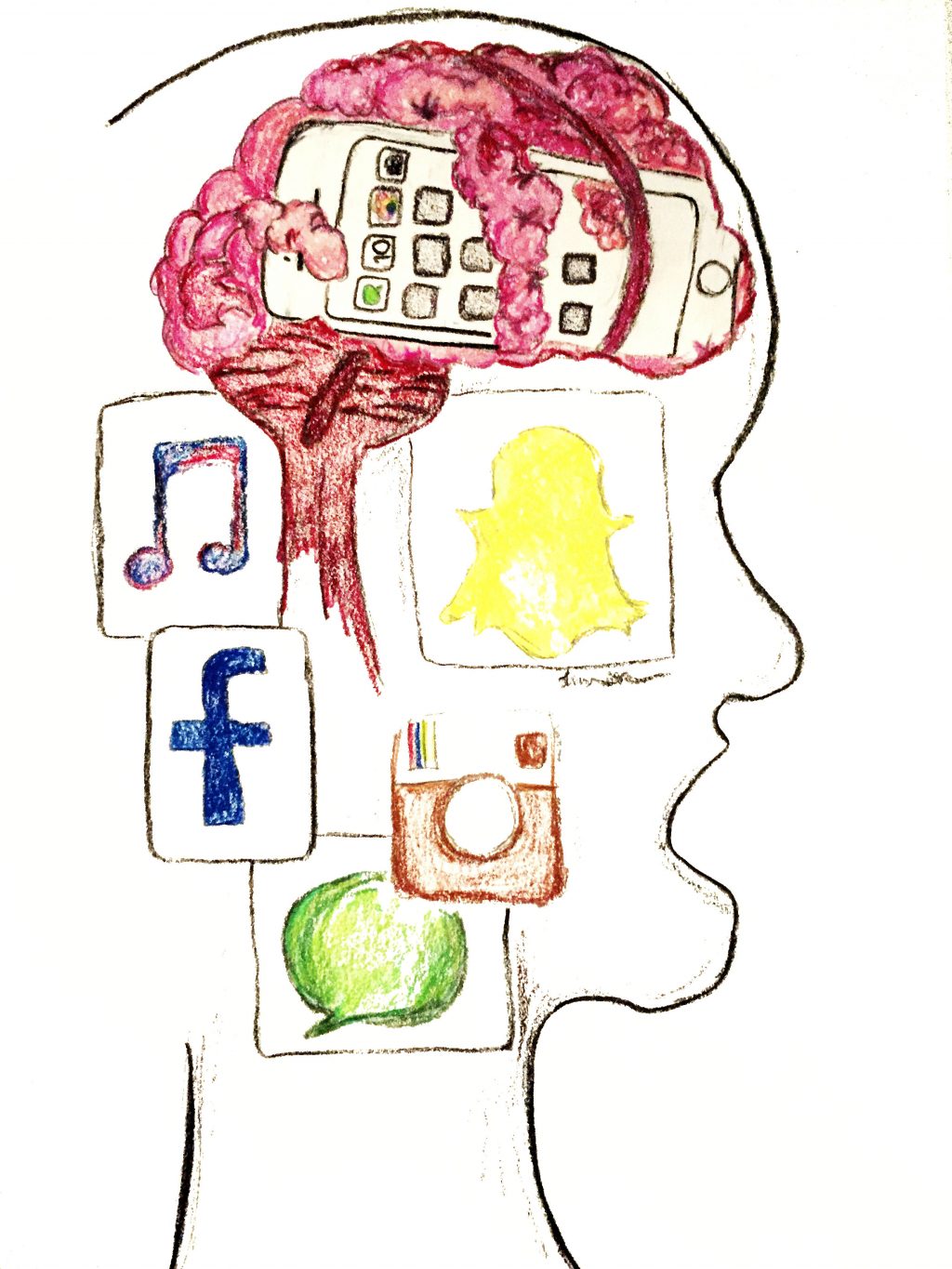According to Common Sense Media, in 2014, at least 75% of teenagers use one or more social media accounts. This spike in social media usage has led to an increase in parents supervising their children’s online usage. The question is, where does monitoring become an invasion of privacy and should teenagers have a right to online privacy?
Some parents go as far as monitoring every action their kid takes on his or her phone via apps like mSpy, Teen Safe, and Family Tracker. These apps not only allow parents to see text messages and social media posts, but also note where their child has traveled. Nancy Darling, a developmental psychologist at Oberlin college says “What’s hard about parenting is balancing the kid’s desire for autonomy with safety concerns.”
Monitoring a teenager too closely can, however, lead to rebellious actions if they are feeling suffocated. Adolescents need to learn from their mistakes, as well as be able to make their own judgements. Since media plays such a significant role in a teen’s life, taking away his or her privacy o

nline will not allow to realize his or her mistakes while he or she is posting online. This also becomes important as children will one day become adults and then begin to think about identity and self-expression, in which social media and the internet provides a great platform for.
According to Dr. Peggy Drexler, an Assistant Professor of Psychology at Cornell University’s Weill Medical College, monitoring kids too closely online can be dangerous. Kids who are constantly shielded from reality have a harder time fending for themselves in the real world. She also stresses the important lessons one can learn on social media, such as once you put something out into the world it is public and will not go away. It is imperative that kids are taught this lesson in their teens before they enter the real world of adulthood.
While parents should not breathe down their children’s necks, it is appropriate for them to check up on what their children are doing online. Complete and total online freedom is how issues such as cyberbullying and other serious incidents can occur. Parents should take the time to teach kids how to behave appropriately on the internet and find a balance between over stepping their boundary and to being involved at all.
Social media often takes the blame for people’s faults; nonetheless, it is important to remember that all individuals make mistakes, and all that truly matters is how the teen ends up handling those situations. Particularly, having an honest and open relationship between parents and their kids will allow them to communicate better and create stronger bonds, leaving little room for suspicion or snooping. By overreaching, a parent shows their child mistrust and therefore this can harm the parent-child relation. Overprotection, however, can lead to a mental health problems called “internalizing” behaviors such as anxiety and depression. It is important to distinguish between being overprotective and simply keeping a child safe. The goal of the parent should be to teach their child to become capable of making the right choices and become autonomous.
Janus Kwong
staff writer

